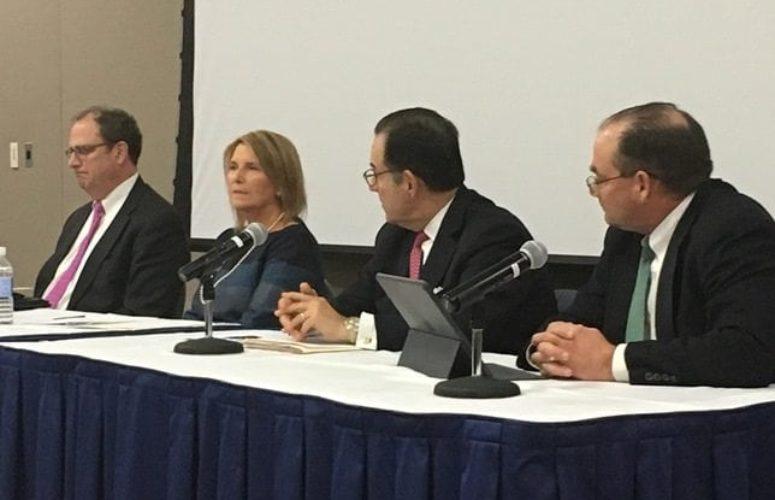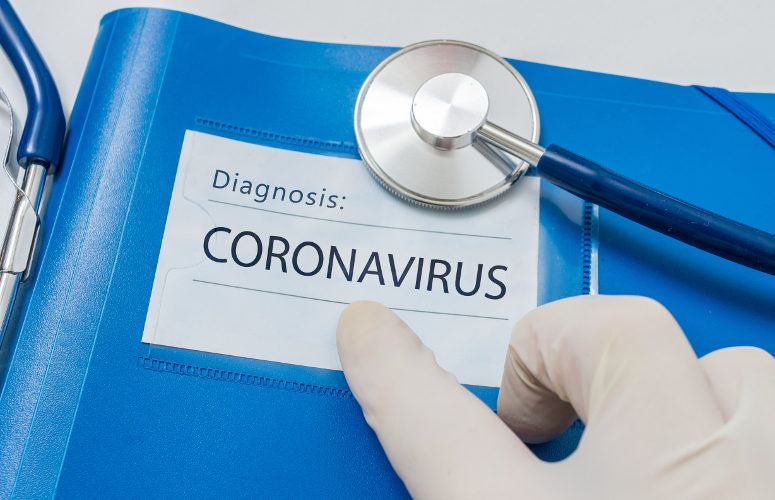
NJHA’s Bennett on the Changing Face of Healthcare
By Jim Pytell, Assistant Editor On Dec 3, 2019Cathleen Bennett became CEO of the New Jersey Hospital Association (NJHA) in 2017, and as the leader of the Princeton-based non-profit trade association representing New Jersey’s hospitals, health systems and other healthcare providers, her ultimate goal is to create a better overall environment for everyone involved in the health system, from doctors to patients and everyone in between.
“I think one of healthcare’s greatest challenges is also one of its greatest opportunities, and that’s the shifting focus to population health. Population health is a commitment to keeping people well in their communities, rather than allowing their health needs to become serious and require a hospital stay,” Bennett explains.
She says that such an approach demands health to be looked at holistically, including the social determinants of health like housing, transportation, food access and education.
“Every hospital in the state provides these types of community-based health improvement initiatives,” Bennett says. “It is a sea change for healthcare, and it’s one that we fully embrace.”
Also changing is the landscape of healthcare, with hospital mergers becoming more and more commonplace, such as Hackensack Meridian Health’s recent acquisition of Englewood Hospital and Medical Center, for example.
Bennett says there are multiple factors spurring the general integration in the state’s healthcare system including the Affordable Care Act and access to greater markets for patients and capital.
“In New Jersey, we’ve really experienced the next generation of mergers – mergers 2.0, if you will – with systems merging with other systems,” she says, adding that 80% of New Jersey’s acute care hospitals are now in a multi-hospital, integrated healthcare system.
Though just because hospitals are getting bigger does not mean that they are becoming less personable.
“Even as health systems grow larger, the delivery of healthcare services and the relationship between a hospital and its community are all very local,” Bennett explains. “New Jersey hospitals and health systems are very mindful of that, as evidenced by the $2.8 billion in community benefit services they provide locally. … No matter how much your organization may grow, your patients and your employees are members of the community, and those roots run very, very deep.”
Technology, as is the case with every industry, is also causing change and disruption in healthcare, though it has also highlighted some problems that the industry still needs to tackle, such as payment policies and regulations that aren’t always aligned with what the industry is trying to achieve.
“Our payment and reimbursement system is still based in the old world,” Bennett says. “For example, providers have had to fight to receive adequate reimbursement for the care and expertise they deliver during ‘telehealth’ or digital appointments. It’s important that our reimbursement catches up to the innovation underway in our healthcare facilities and in our communities to create a social infrastructure for good health.”
To access more business news, visit NJB News Now.
Related Articles:





